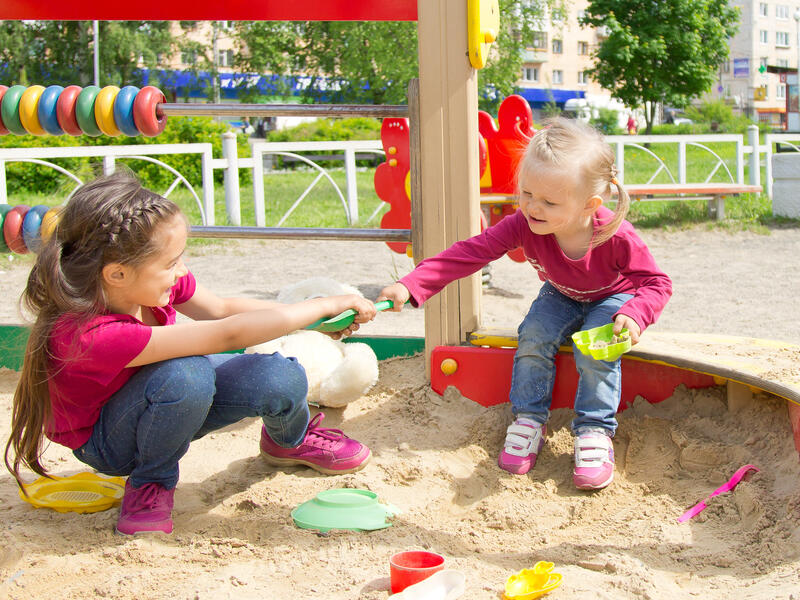Grabbing toys, hitting, screaming or pushing happening at your house? If so, keep in mind occasional aggressive outbursts are normal behaviors for a preschooler when they are overwhelmed with strong emotions.
As your preschooler grows older and their vocabulary and self-control increases, these aggressive behaviors should diminish.
Why preschoolers are aggressive
There are many reasons why preschoolers are aggressive, including:
- It works. If the behavior gets the preschooler what they want, the behavior will likely continue.
- They are exerting independence and control. Preschoolers may be aggressive in order to exert their independence and control of a situation: “I want it and I will get it.”
- They’re frustrated. At times, preschoolers are aggressive when they don’t have the emotional maturity to manage their emotions. They may also struggle with language skills to say what they are feeling or what they want. Feelings of frustration often lead to aggressive behaviors.
- They’re tired. Like all of us, when a preschooler is tired it is challenging to have the energy needed to manage emotions and to not act out.
- They’re hungry. When preschoolers are hungry it is difficult for them to manage their feelings and actions.
- They’re stressed. When a preschooler is stressed, it is common for the physical tension created by stress to be relieved through physical or verbal aggressive behavior.
How to handle aggression in preschoolers
Just because occasional aggressive behaviors are normal for preschoolers doesn’t mean these actions should be ignored. Consider these tips for managing your preschooler’s aggression:
- Set expectations. Make sure your expectations are clear and be consistent, “We do not hit people. Hitting hurts.”
- Do not engage yourself. Don’t hit back. Don’t yell back. Keeping your body language and tone of voice calm can help in decreasing your preschooler’s aggression.
- Seek to understand. Try to figure out why your preschooler is being aggressive. Are they tired, needing help with expressing feelings or testing their boundaries? Once you know the cause, it becomes easier to manage the aggressive behavior.
- Don’t ignore the behavior. Respond immediately that your preschooler’s behavior is unacceptable and give a consequence for their aggressive behavior such as removal of a toy or time by themselves or with you to calm down.
- Provide alternative physical outlets. Sometimes just releasing physical tension in a positive way by doing things such as dancing to music, playing tag or kicking a ball helps decrease aggressiveness.
If your preschooler’s aggressive behavior is frequent and making it difficult for your preschooler to participate in school, family, or other activities, talk to your health care provider.
Learn more
- Help your child learn self-control
- How to get your preschooler to listen
- Kids with big emotions? Reach for these coping skills
…
Posted In Children's, Family Medicine, Parenting
